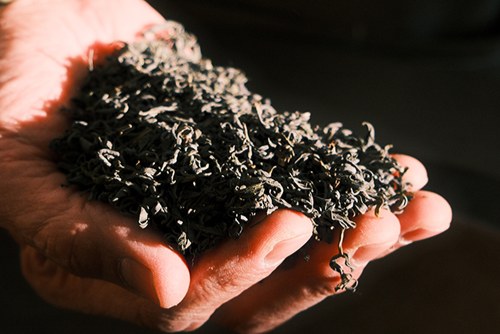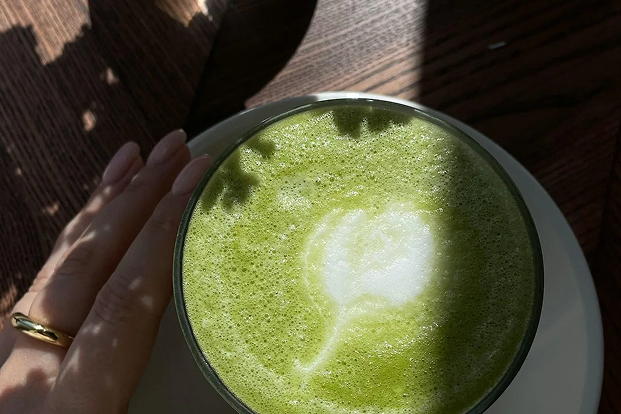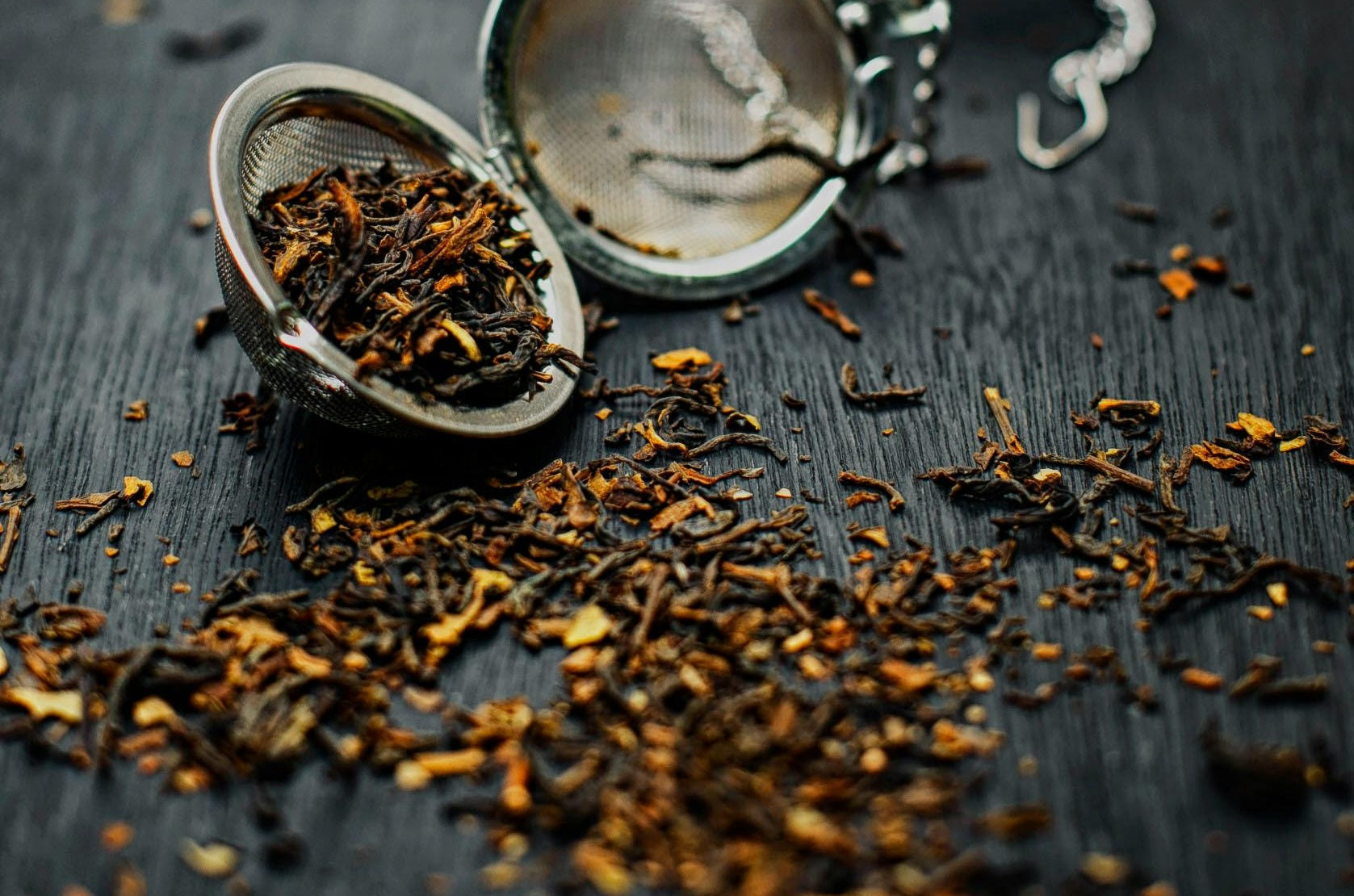In a world where "organic" labels appear everywhere, understanding what truly defines organic green tea becomes an act of mindfulness in itself. At Wild Orchard, where tea is born from wild soil and untouched rhythms, we believe clarity matters. True organic tea is a quiet promise between the land, the grower, and you. To understand it is to honor the journey from root to cup.
What Does "Organic" Really Mean?
"Organic" generally means that a product is grown and processed without the use of synthetic pesticides, fertilizers, genetically modified organisms (GMOs), and other artificial inputs. Organic farming practices emphasize natural processes and aim to minimize environmental impact.
Wild Orchard organic green tea is grown following these guidelines, wild from the start. It embraces farming methods that support biodiversity, soil health, and ecological balance. Each leaf carries not just flavor, but the story of how it was nurtured—without haste, without harm.
Wild Orchard offers a variety of organic green teas; loose leaves, tea bags, and powdered matcha green and black teas. Our most prized organic green tea is After Rain: premium green tea leaves hand-harvested after the first rainfalls of spring. Delicate with notes of honeyed grass, grains and minerals. To learn about our tea variety we invite you to shop our Award-Winning Teas.
Recognizing Certifications: A Global Guide
Not all organic claims are equal. True organic tea is backed by trusted certifications, each with its own standards but sharing a common spirit of stewardship.
USDA Organic (United States)
- Prohibits synthetic chemicals, GMOs, and irradiation.
- Requires crop rotation and sustainable farming practices.
- Regular inspections ensure compliance.
EU Organic (European Union)
- Bans synthetic fertilizers, pesticides, and herbicides.
- Demands detailed traceability and strict separation from non-organic products.
- Encourages natural biodiversity on farms.
JAS Organic (Japan Agricultural Standard)
- Focuses on soil fertility and minimal environmental impact.
- Strict approval and monitoring of organic inputs.
Other Global Certifications
- Canada Organic, Australian Certified Organic (ACO), and others follow similarly rigorous paths, adjusted to regional climates and ecosystems.
What to Look for When Choosing Organic Green Tea
When you seek organic tea, look beyond words—look for verified certifications on the label. Authentic organic green tea should:
- Clearly display a recognized organic certification logo.
- Specify country of origin.
- Highlight minimal processing and sustainable practices.
- Tell the story of its cultivation.
Be cautious of vague claims like "natural" or "chemical-free" without certification. True organic tea comes with transparency—not marketing shortcuts.
Wild Orchard's Commitment
At Wild Orchard, our green tea grows wild on a remote volcanic island, nourished only by nature’s rhythms. Our organic certification is not a marketing choice; it is a reflection of how we believe tea should be grown—regenerative, respectful, and pure. No synthetic interventions. No shortcuts. Just earth, season, and patient stewardship.
In every sip, you taste more than flavor—you experience the soil, the sun, the slow unfolding of nature’s quiet abundance. And in honoring where your tea comes from, you become part of that story, too.

Behind the USDA Organic Seal







Leave a comment
This site is protected by hCaptcha and the hCaptcha Privacy Policy and Terms of Service apply.